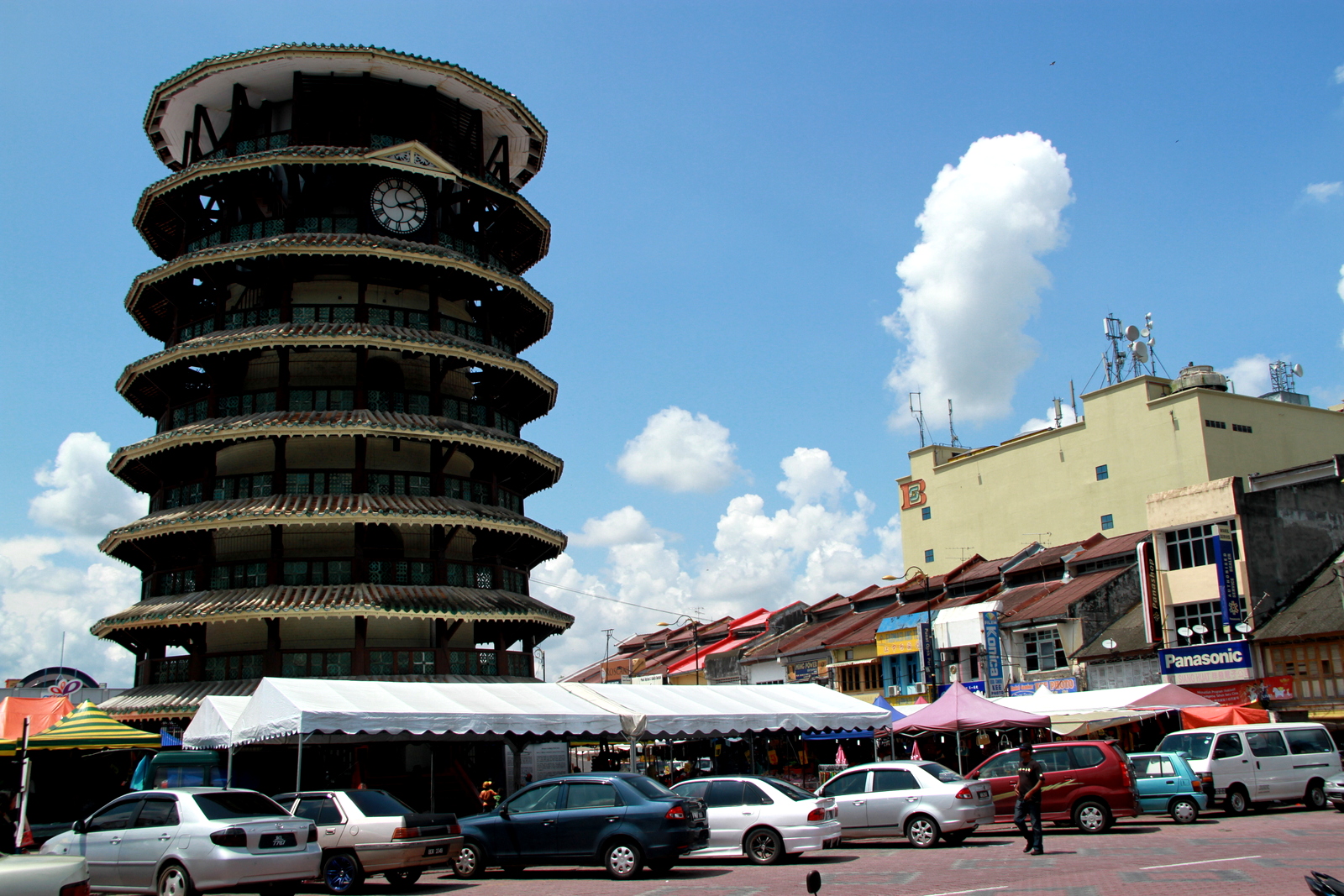By elections are usually a dour affair and the results don’t usually tilt political balances. Low voters’ turnout reflects that sentiment too. But many underestimate the power of by-elections on the psyche and mentality of the political actors, especially those in government. We explore some of the reasons why for people of Teluk Intan and Malaysia as whole, this by-election can change the course of policies that affect us all. By T.K Tan
Most voters believed that the by-elections seldom change political equations or affect their lives. Peculiarly for Malaysia, by-elections are a good time to get goodies from BN.
Suddenly, long forgotten and abandoned roads are tarred, hampers dished out freely by BN friendly NGOs and then comes the promises galore. So for many voters, it’s perhaps safe to give their votes to BN. Does it always work that way?
Let’s look at Sibu before 2010. In Sibu, one of the perennial problems affecting the second largest city in Sarawak was flooding from the Rejang river. For years the opposition and town people demanded that the government fix the flooding problem holistically, by dredging the river bed and stopping deforestation upstream amongst other steps proposed.
Many youngsters too were leaving town to find jobs elsewhere. The city also had no degree-level higher leaning institutes. The infrastructure was creaking. It was a dying town.
Then in 2010 DAP won the Sibu parliamentary seat by-election, the first time since 1982. Then it was followed by DAP’s bigger majority victory in the Bukit Assek state seat and narrower defeat in the Bawang Assan state seat (which are both located in the Sibu parliamentary seat) in the 2011 Sarawak state election. In the last GE DAP again won the Sibu parliamentary seat.
In that span of three years, the government began to speed up flood mitigation steps by dredging the river bed, building water pumps and raising roads to act as a bund to stop the riverine-induced floods, in all spending more than RM 148 million to do so (BERNAMA, 6/01/12). Meanwhile, two degree-awarding colleges began to set up shop here. The Sibu airport was also given a major facelift when its west wing was extended (The Star, 11/12/11).
In short, many changes came about for Sibu after the swing to the opposition. Do by-elections weigh on the political leaders’ minds? In the Bukit Gelugor by-election BN has eschewed to contest there, for only the second time in history. MCA, which was supposed to be the party representing BN in Bukit Gelugor, chose to not contest there.
The reason is simple: an expected bad result would make a mockery of MCA’s claim to represent the Chinese in the cabinet. Despite pledging not to take up any government posts should it perform badly during the last GE, money and power still speak loudly for BN parties. MCA delegates voted to accept government positions in its EGM last February.
Pride and principles don’t matter as much, apparently. Do by-elections affect government policy? In December 2013, the federal government announced that toll rates for highways would be raised in 2014 as alternatively it had to pay compensation to the concessionaires and it would be a drain on the government coffers.
On 27 January, Kajang ADUN Lee Chin Cheh resigned from his post, paving the way for a by-election. Anwar Ibrahim was announced as the candidate for the Kajang by-election. Suddenly on 6 February, the government postponed the toll hike to 2015, stating that it wanted to tackle the rising cost of living and would pay the concessionaires RM 400 million as compensation. (Malaysian Insider 6/02/14).
Evidently, by-elections do influence the policy-makers.




